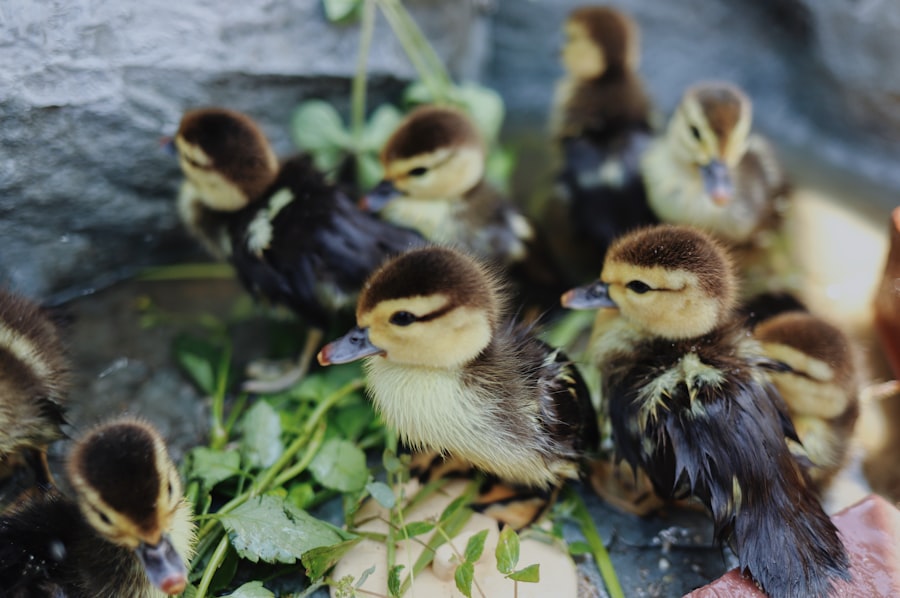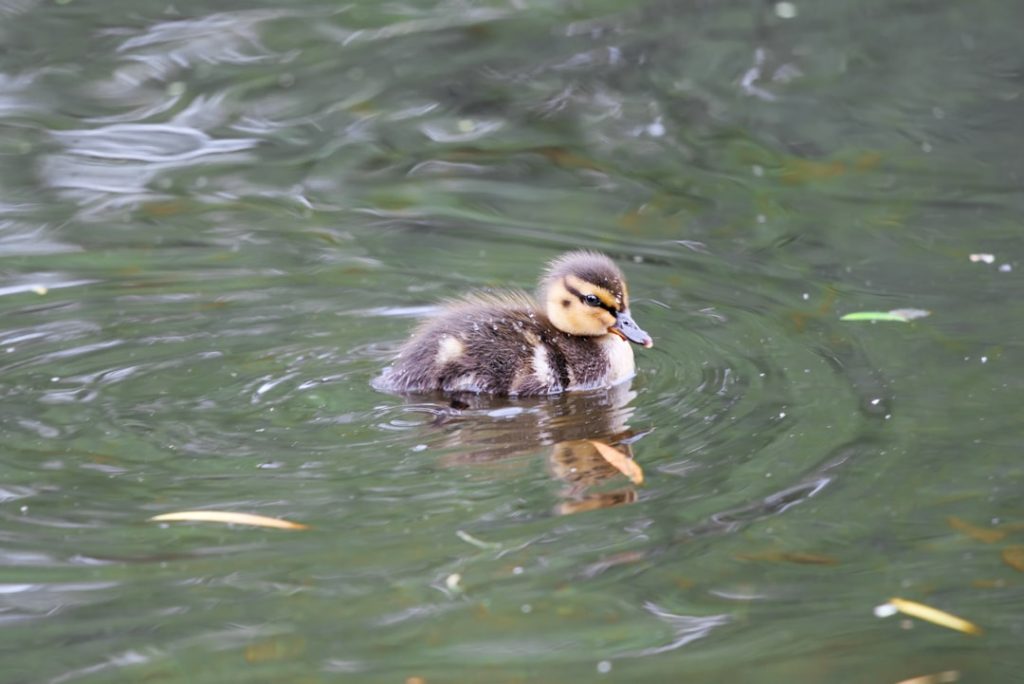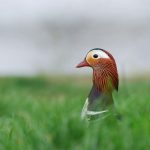Ducks are a popular choice for backyard farming due to their small size, friendly nature, and ability to lay eggs. Small duck breeds are particularly well-suited for small-scale farming and homesteading, as they require less space and resources compared to larger breeds. Small duck breeds are also popular as pets due to their manageable size and charming personalities. In this article, we will explore the characteristics, popular breeds, care and maintenance, and the various roles of small duck breeds in agriculture and conservation.
Table of Contents
- 1 Characteristics and Physical Attributes of Small Duck Breeds
- 2 Popular Small Duck Breeds for Backyard Farming
- 3 Care and Maintenance of Small Duck Breeds
- 4 Small Duck Breeds as Pets
- 5 Small Duck Breeds in Agriculture and Conservation
- 6 Conclusion and Considerations for Choosing a Small Duck Breed
- 7 FAQs
Key Takeaways
- Small duck breeds are popular for backyard farming due to their manageable size and friendly disposition.
- Small duck breeds like the Call Duck and East Indies Duck are known for their unique physical attributes and colorful plumage.
- Backyard farmers can consider popular small duck breeds such as the Khaki Campbell, Welsh Harlequin, and Indian Runner for their egg-laying abilities and adaptability.
- Care and maintenance of small duck breeds require providing a suitable living environment, proper nutrition, and regular health check-ups.
- Small duck breeds can make great pets due to their social nature, low maintenance, and ability to forage for food.
Characteristics and Physical Attributes of Small Duck Breeds
Small duck breeds are typically defined by their compact size, making them ideal for backyard farming and small-scale homesteading. They are known for their friendly and sociable nature, making them great pets for families and individuals alike. Small duck breeds come in a variety of colors and patterns, adding a delightful aesthetic to any farm or backyard. Their small size also makes them easier to handle and care for, especially for those new to raising ducks. Additionally, small duck breeds are known for their high egg production, making them a valuable addition to any farm or homestead.
In terms of physical attributes, small duck breeds often have a rounded body shape with short legs and a small bill. Their feathers can come in a variety of colors, including white, black, brown, and various combinations of these colors. Small duck breeds also have a distinctive waddle and quack, adding to their charm and appeal. Overall, the physical attributes of small duck breeds make them both practical and aesthetically pleasing for backyard farming and pet ownership.
Popular Small Duck Breeds for Backyard Farming
Several small duck breeds are popular choices for backyard farming due to their manageable size, high egg production, and friendly disposition. The Khaki Campbell is a popular small duck breed known for its excellent egg-laying abilities, often producing over 300 eggs per year. The Welsh Harlequin is another small duck breed that is prized for its calm temperament and beautiful silver or gold plumage. The Indian Runner is a slender and upright small duck breed that is known for its prolific egg-laying and comical upright stance.
Other popular small duck breeds for backyard farming include the Buff, Blue Swedish, and Cayuga ducks. These breeds are valued for their small size, adaptability to various climates, and overall hardiness. Whether you are looking for a small duck breed for egg production, pest control, or simply as a charming addition to your farm or backyard, there are plenty of options to choose from.
Care and Maintenance of Small Duck Breeds
Caring for small duck breeds requires attention to their basic needs, including shelter, food, water, and healthcare. Providing a safe and secure shelter is essential for protecting small duck breeds from predators and the elements. This can be in the form of a coop or enclosed area with access to fresh air and sunlight. Small duck breeds also require a balanced diet consisting of commercial duck feed, fresh greens, and access to clean water for drinking and bathing.
Regular health check-ups and vaccinations are important for maintaining the well-being of small duck breeds. This includes monitoring for signs of illness, providing appropriate veterinary care when needed, and ensuring that their living environment is clean and free from potential hazards. Additionally, regular grooming and maintenance of their feathers may be necessary to keep them healthy and comfortable.
Small Duck Breeds as Pets
Small duck breeds are increasingly popular as pets due to their friendly nature, manageable size, and entertaining personalities. Many people find joy in keeping small duck breeds as pets due to their social nature and ability to form bonds with their human caregivers. Small duck breeds can be affectionate and enjoy interacting with their owners, making them a delightful addition to any household.
As pets, small duck breeds require attention to their social needs, including interaction with other ducks or animals, mental stimulation, and opportunities for exercise. Providing a safe and enriching environment for small duck breeds is essential for their well-being and happiness. Additionally, proper training and socialization can help ensure that small duck breeds are well-behaved and integrated into the household.
Small Duck Breeds in Agriculture and Conservation

Small duck breeds play important roles in agriculture and conservation efforts around the world. In agriculture, small duck breeds are valued for their egg production, pest control abilities, and potential as a sustainable source of meat. Their compact size makes them well-suited for small-scale farming operations, where space and resources may be limited. Small duck breeds also contribute to conservation efforts by preserving genetic diversity within duck populations and supporting sustainable farming practices.
Conservation organizations often work to protect small duck breeds from extinction by promoting responsible breeding practices, habitat preservation, and education about the value of these unique breeds. By raising awareness about the importance of small duck breeds in agriculture and conservation, these organizations help ensure the continued survival and well-being of these valuable animals.
Conclusion and Considerations for Choosing a Small Duck Breed
In conclusion, small duck breeds offer numerous benefits for backyard farming, pet ownership, agriculture, and conservation efforts. Their manageable size, friendly nature, high egg production, and potential for pest control make them valuable additions to any farm or homestead. When considering a small duck breed for your own purposes, it is important to research the specific needs and characteristics of each breed to ensure that it aligns with your goals and resources.
Whether you are looking for a reliable source of eggs, a charming pet with personality, or a valuable contributor to sustainable farming practices, there is a small duck breed that can meet your needs. By providing proper care and attention to the unique requirements of small duck breeds, you can enjoy the many rewards that come with raising these delightful animals. Ultimately, small duck breeds offer a wealth of opportunities for those seeking to enhance their lives through the joys of farming, pet ownership, and conservation efforts.
If you’re interested in small breeds of ducks, you might also want to check out this informative article on how many eggs geese lay. Understanding the egg-laying habits of geese can provide valuable insights into breeding and raising waterfowl, which can be beneficial for duck enthusiasts as well.
FAQs
What are some common small breeds of ducks?
Some common small breeds of ducks include the Call Duck, East Indies Duck, and the Mandarin Duck.
What are the characteristics of small duck breeds?
Small duck breeds are typically compact in size, have short bills, and are known for their vibrant and colorful plumage.
What are the advantages of raising small duck breeds?
Raising small duck breeds can be advantageous for those with limited space, as they require less room than larger duck breeds. They also tend to be more docile and easier to handle.
What are the care requirements for small duck breeds?
Small duck breeds require access to water for swimming and grooming, a balanced diet of duck feed and fresh greens, and protection from predators.
Can small duck breeds be kept as pets?
Yes, small duck breeds can make wonderful pets. They are often friendly, social, and can be easily tamed with proper handling and care.
Meet Walter, the feathered-friend fanatic of Florida! Nestled in the sunshine state, Walter struts through life with his feathered companions, clucking his way to happiness. With a coop that’s fancier than a five-star hotel, he’s the Don Juan of the chicken world. When he’s not teaching his hens to do the cha-cha, you’ll find him in a heated debate with his prized rooster, Sir Clucks-a-Lot. Walter’s poultry passion is no yolk; he’s the sunny-side-up guy you never knew you needed in your flock of friends!







